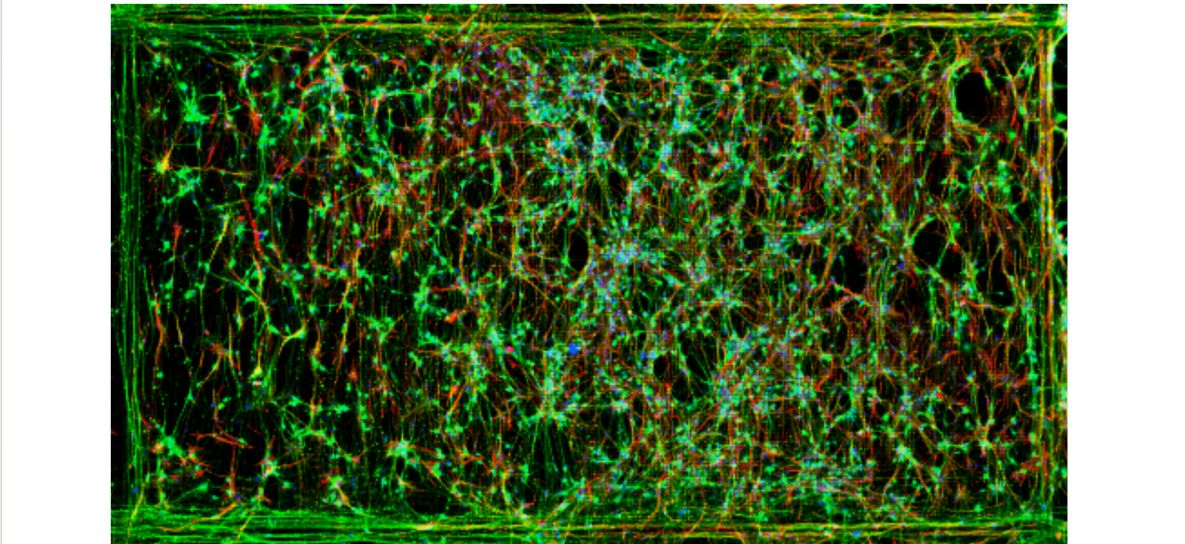Promising new tool for uncovering key characteristics of neurodegenerative diseases

High-impact journal Nature has published a paper featuring MaxWell Biosystems’ high-density microelectrode array technology, with which researchers identified a new potential therapeutic target against the rare and terminal disease ALS. The publication has the potential to significantly broaden and diversify the startup’s customer base.
Founded in September 2016 as an ETH Zürich spin-off, MaxWell Biosystems provides high-density microelectrode array (HD-MEAs) technology, an electrophysiological platform for recording and stimulating electrogenic cells in vitro, in a single-well format. Scientists from ETH Zurich, SIB Swiss Institute of Bioinformatics, the University of Zurich, the Masaryk University Brno (Czech Republic), UCL Institute of Neurology (UK) and the University of Bern have now developed a new 2D cell culture model with stem cells using MaxWell Biosystems’ HD-MEAs. The model has features mirroring those of human brains and was used to study abnormal accumulation of proteins in neurodegenerative diseases such as ALS (Amyotrophic lateral sclerosis).
The scientists identified a new player – a protein called neuronal pentraxin 2 (NPTX2) – that cooperates with another protein called TDP-43 to induce neurotoxic effects. The study findings not only propose NPTX2 as a potential new therapeutic target in ALS but also highlight the human cellular model developed by the authors as a promising tool for uncovering key human-specific characteristics of neurodegenerative diseases.
The research results represent an advancement in the understanding of neurodegenerative diseases, shedding light on potentially crucial therapeutic targets. By demonstrating the efficacy of MaxWell Biosystems’ High-Density Microelectrode array (HD-MEAs) technology in iPSC-derived cell cultures, the study can serve as a reference for researchers utilizing similar neural cell cultures, providing insights for advancing neuroscience research and beyond. Thus, the feature in Nature could not only solidify MaxWell Biosystems’ existing target audience, but also broaden it significantly, as researchers from diverse disciplines recognize the potential of the technology.
Detailed information can be found in a blog post by MaxWell Biosystems.
(Press release / SR)
Picture: Neuronal cultures plated onto MaxOne HD-MEA sensor area























































Please login or sign up to comment.
Commenting guidelines